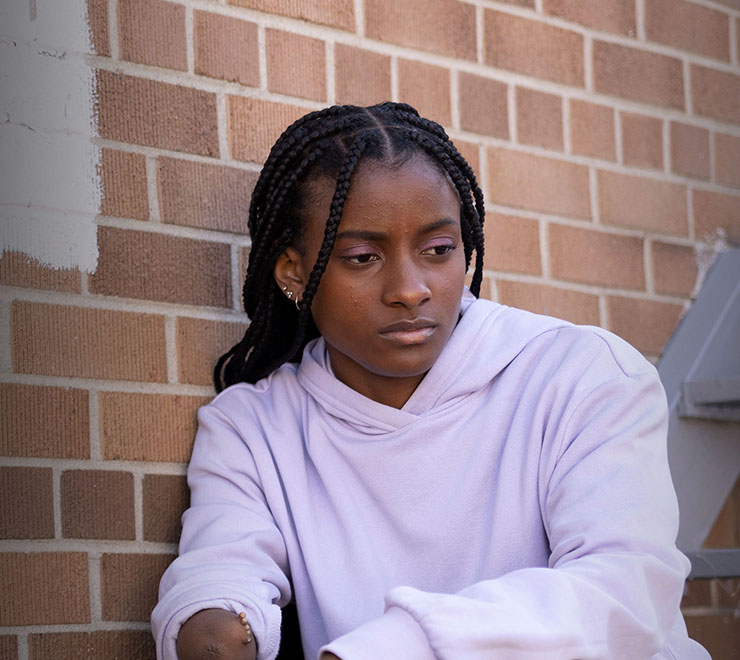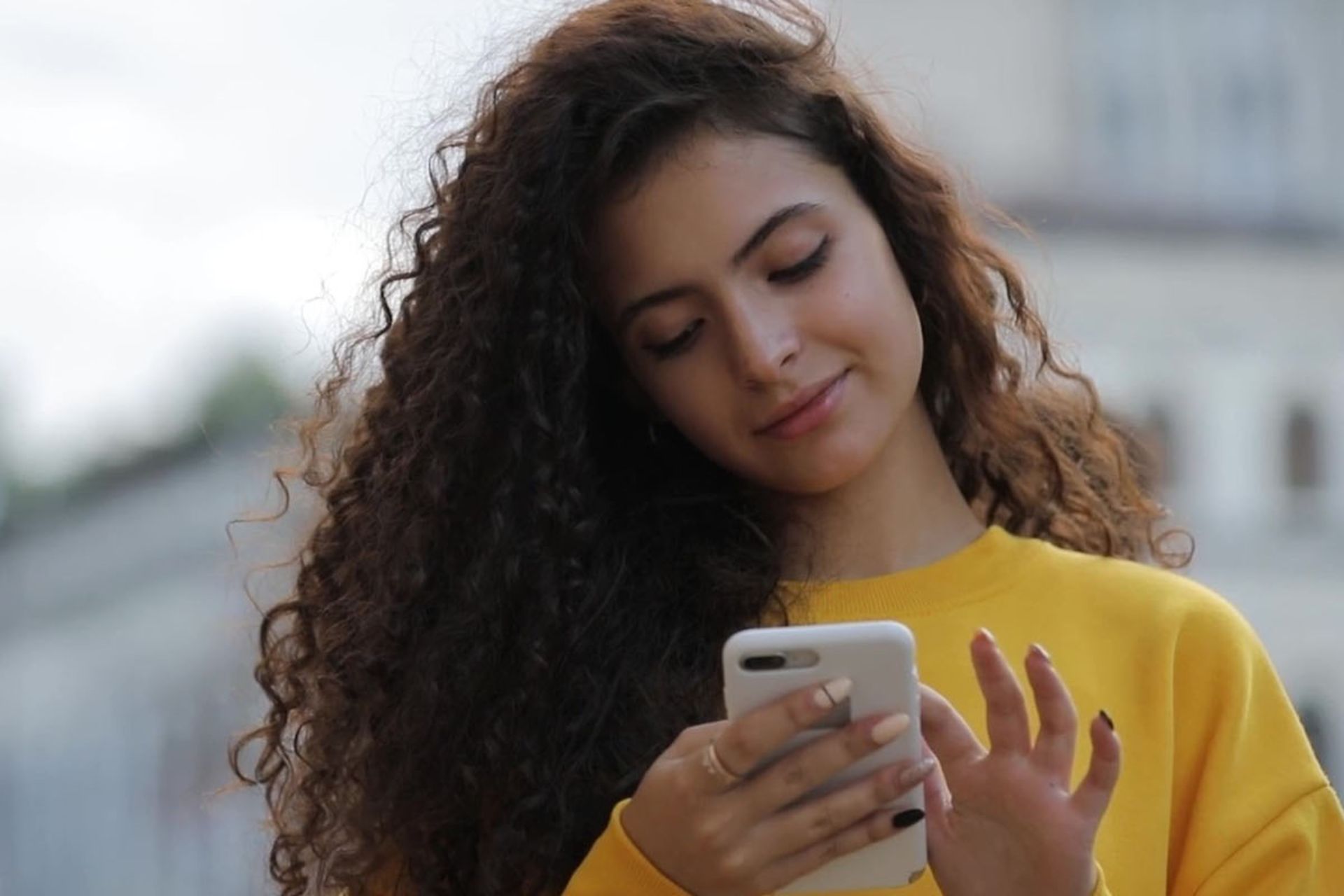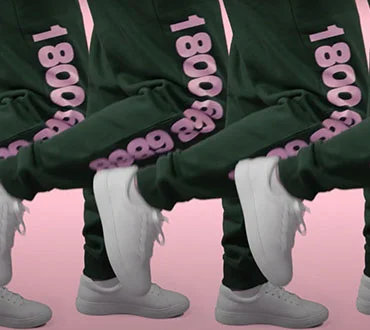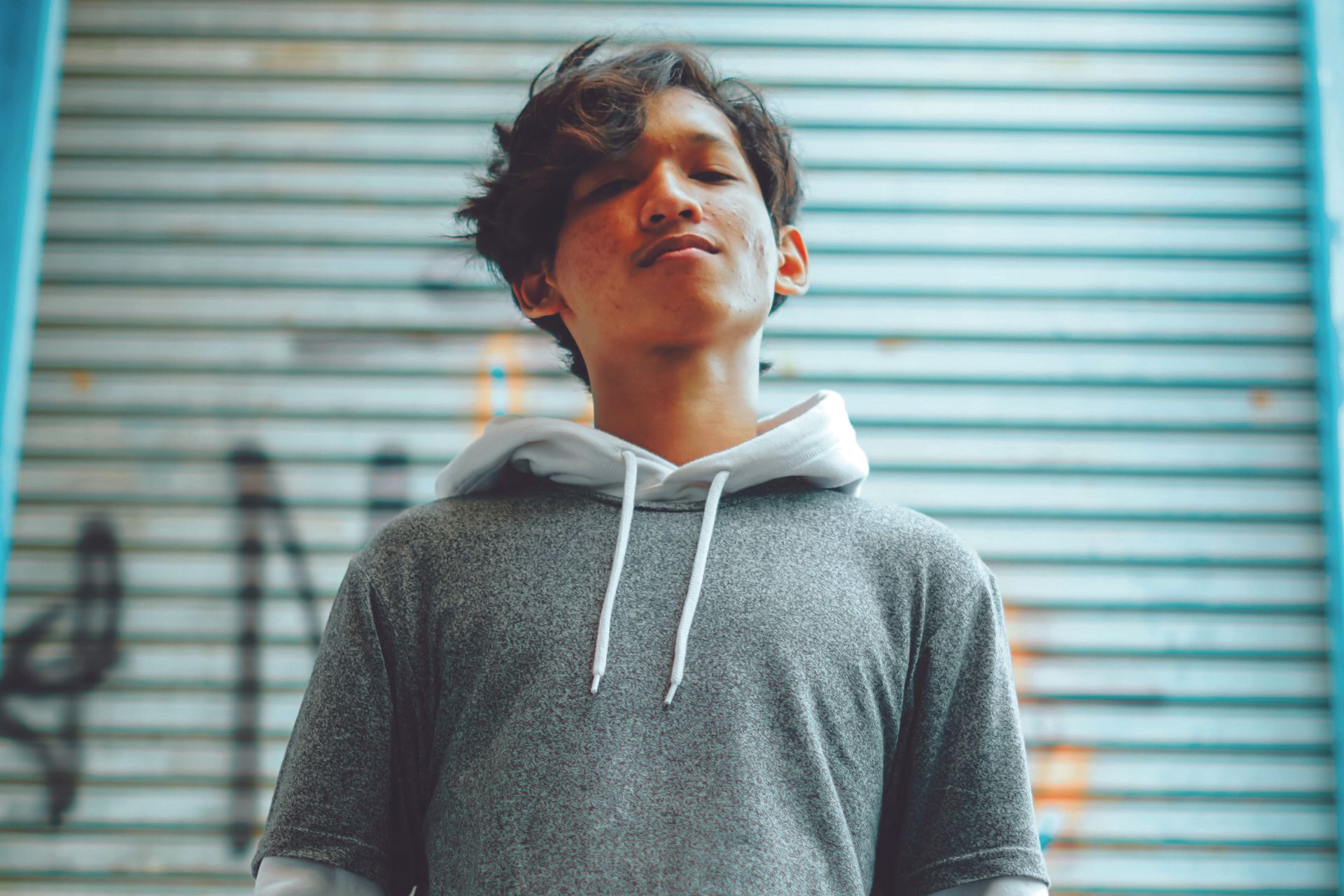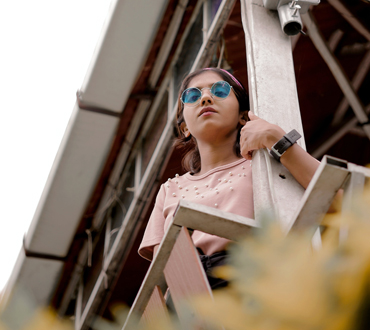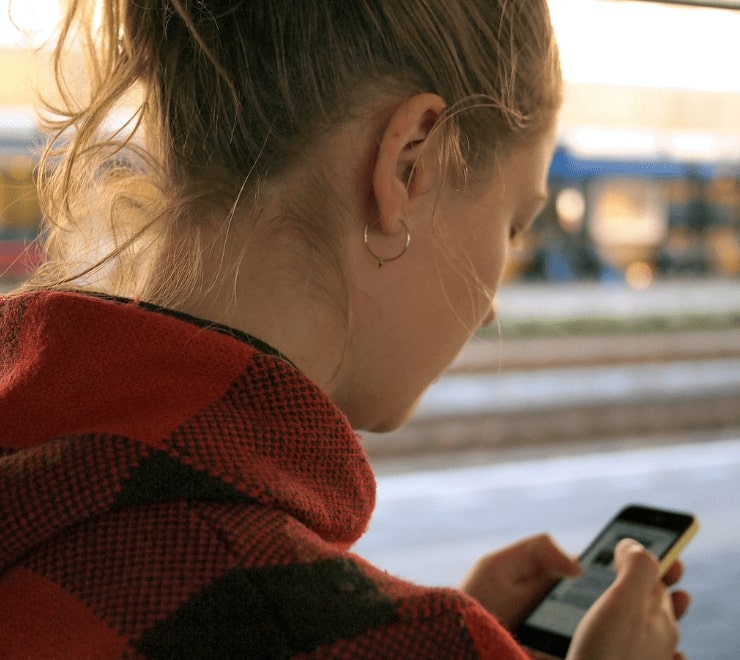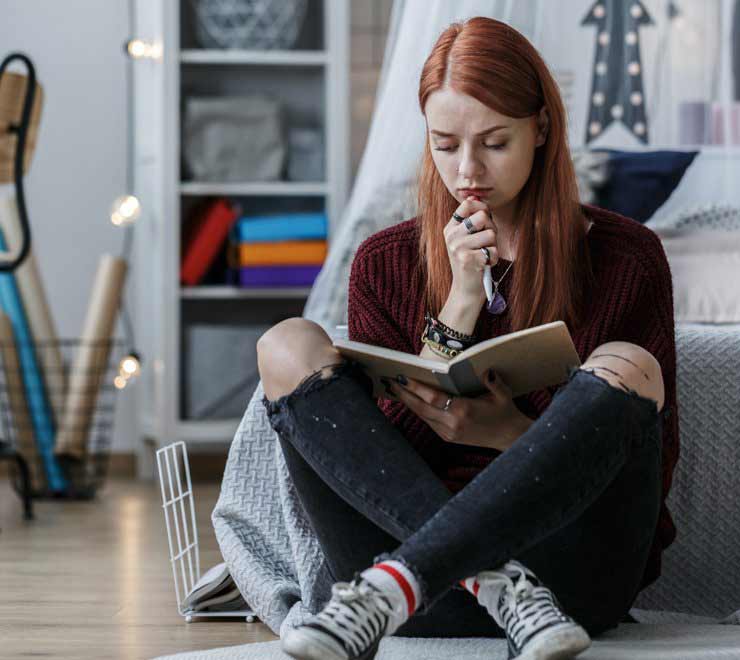Everyone in Canada can contribute to reconciliation with Inuit, Métis and First Nations peoples. Here, Kids Help Phone collaborates with the Gord Downie & Chanie Wenjack Fund to share ways you can get involved in reconciliation.
What is reconciliation?
Reconciliation is the process of developing a respectful relationship between Indigenous and settler (i.e. non-Indigenous) people across Canada. It’s about working together to overcome the devastating effects of colonization.
With reconciliation, it’s important to acknowledge harmful policies and practices (e.g. residential schools, loss of lands, inequitable access to essential services, prohibition of cultural traditions and languages, etc.) and define positive ways to move forward together.
Connect when an Indigenous volunteer crisis responder is available by text or online message by messaging “FIRSTNATIONS”, “INUIT” or “METIS” to 686868 for young people and 741741 for adults.
How can I get involved in reconciliation?
Both Indigenous and settler youth can participate in reconciliation. Here are some ways you can support reconciliation:
- research First Nations, Inuit and Métis peoples in your area to understand their history and contributions to society
- watch movies by Indigenous filmmakers or read Indigenous literature
- learn more about Indigenous arts and artists
- attend local Indigenous cultural events open to the public
- research and do a presentation on reconciliation for your class or organization
- learn the land acknowledgement in your area. If there isn’t one, consider reaching out to your local government to engage Indigenous peoples in the area to create one. Encourage your school or organization to give a daily land acknowledgement as part of their morning routine and at important events.
- visit a local Indigenous organization and/or Friendship Centre
- participate in Secret Path Week, Orange Shirt Day, Bear Witness Day, National Indigenous Peoples Day and/or other important national and local Indigenous awareness events
- ask an Indigenous representative or Elder to visit your school or organization to share their knowledge. When preparing your request, it’s important to learn about and follow proper protocols (e.g. you may need to present an Elder with tobacco or an honorarium during their visit).
- study an Indigenous language (especially one used in your area)
- if you’re a student, consider asking your teaching to sign up for the Gord Downie & Chanie Wenjack Fund’s new Legacy Schools program
- organize a fundraising event for a charity that supports Indigenous peoples
Finding ways to participate in reconciliation is important for everyone in Canada. If you’re looking for more information or ways to get involved, you can contact the Gord Downie & Chanie Wenjack Fund. And if you need support with anything — big or small — you can reach out to Kids Help Phone 24/7.
Check out Finding Hope: Kids Help Phone’s Action Plan for Supporting First Nations, Inuit and Métis Young People to learn more about how we’re supporting reconciliation.
Kids Help Phone would like to thank the Gord Downie & Chanie Wenjack Fund for their contributions to this piece and for their work in reconciliation education!
Photo: David Bastedo



